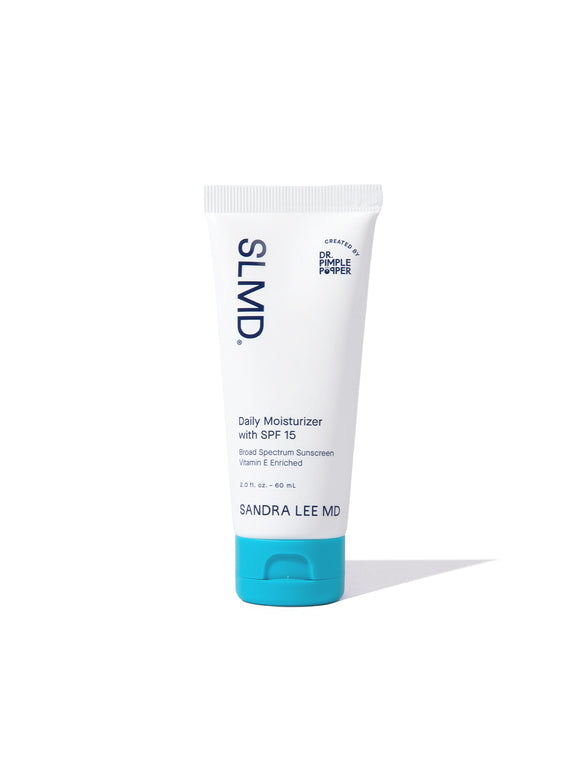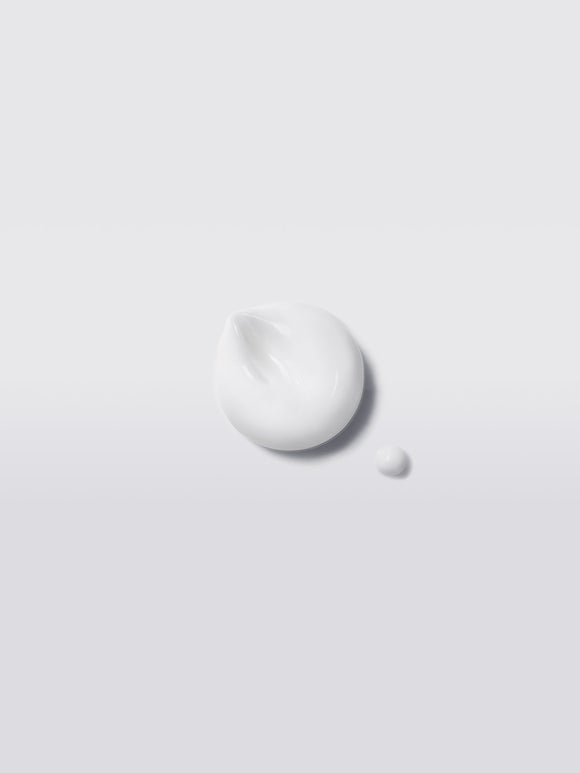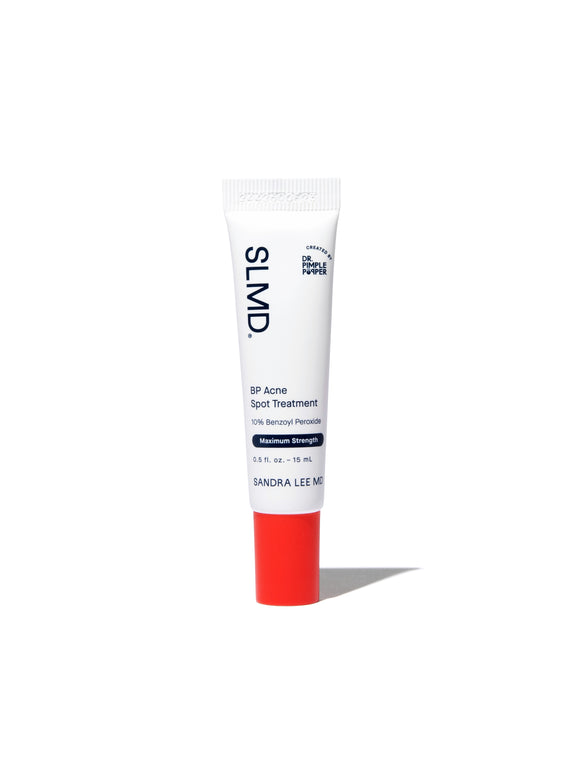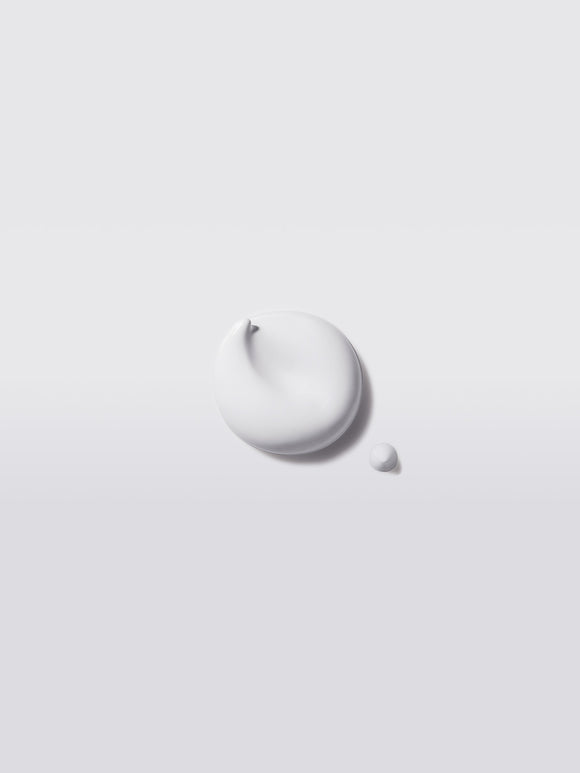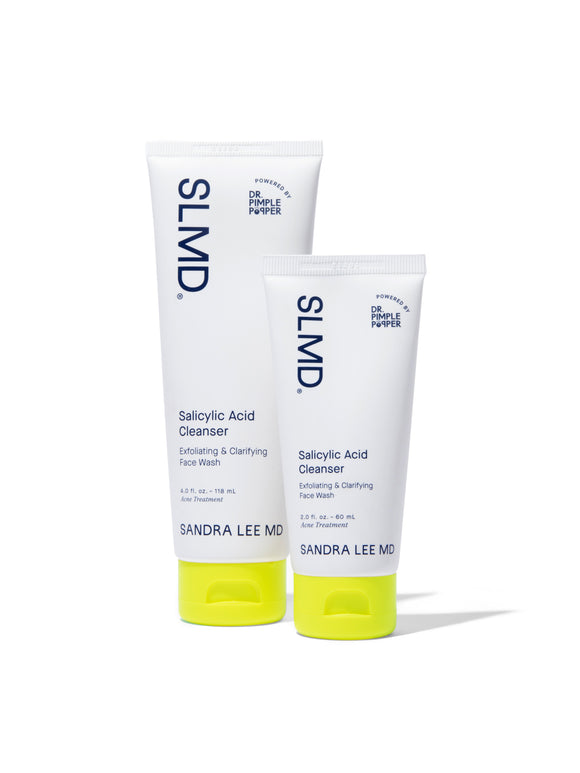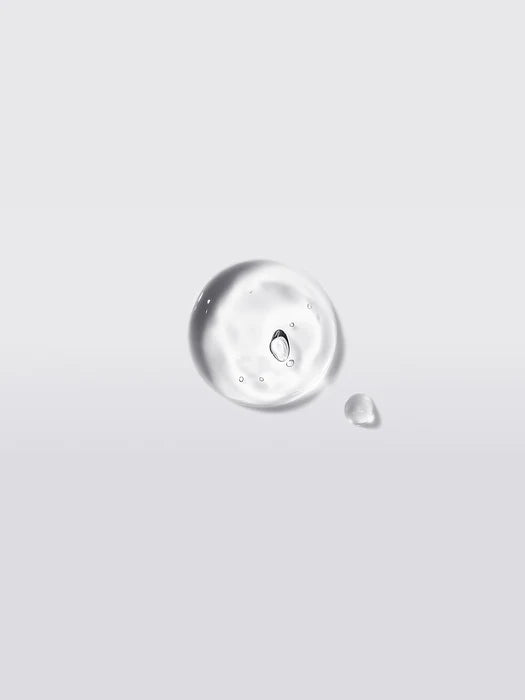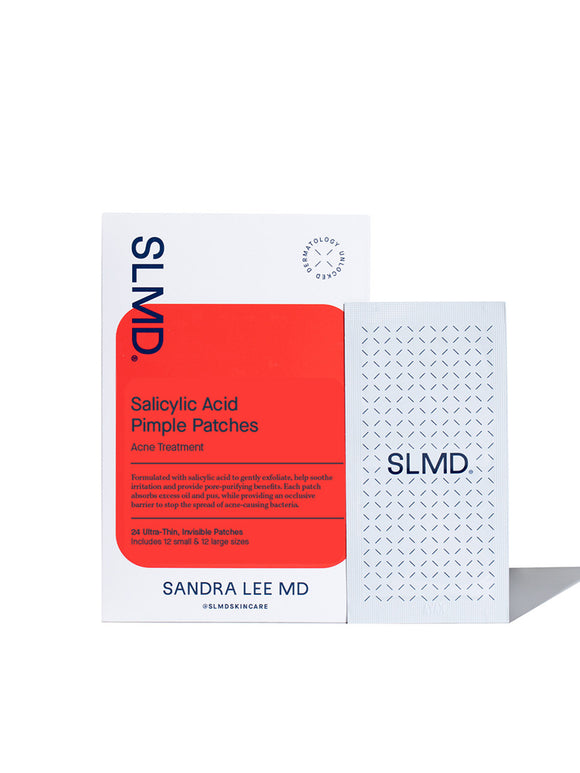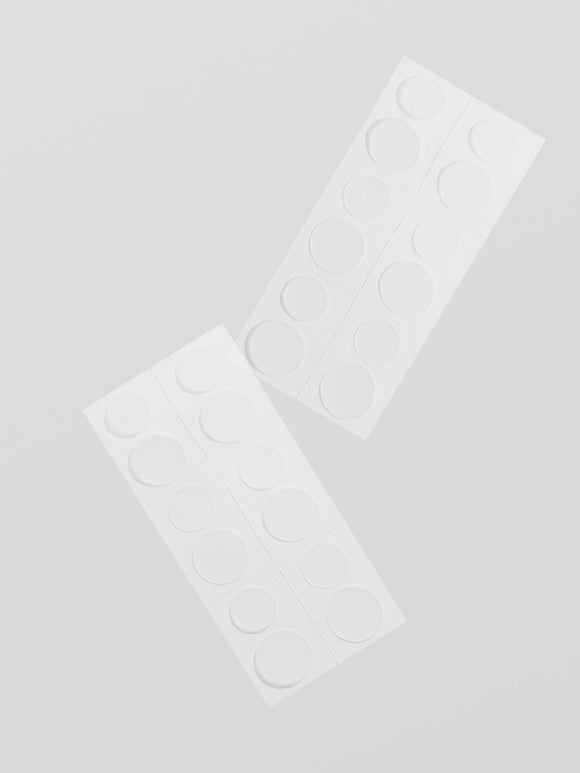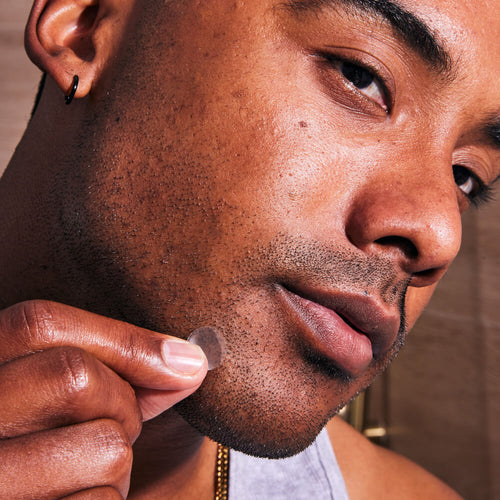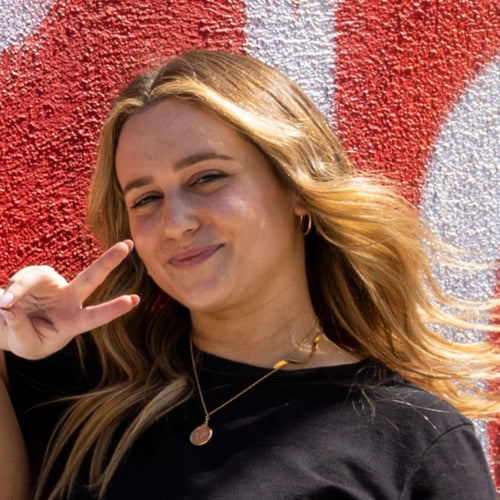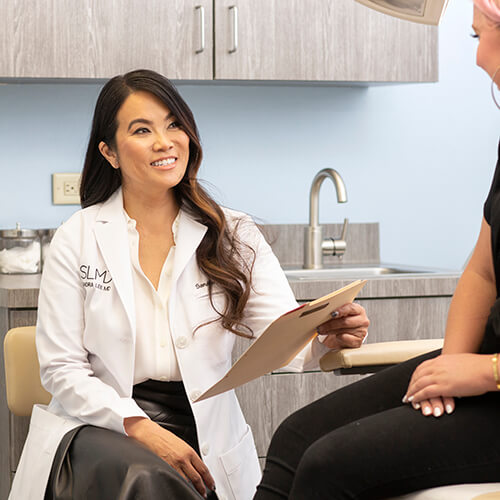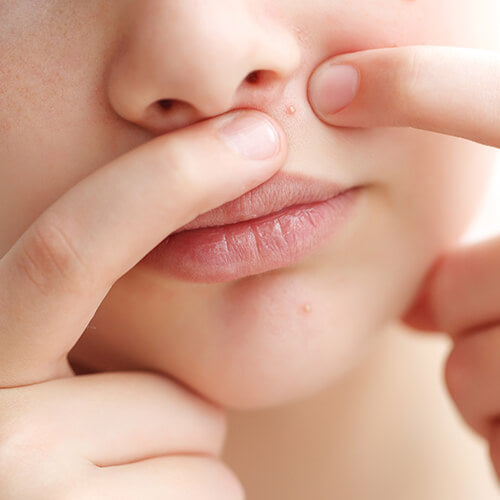
When Should You Start Treating Acne in Kids? (Dr. Pimple Popper Explains)
Early acne is on the rise. Here's what you need to know if your child is breaking out.
Published:
4 minute read
Acne isn’t just a teenage problem — it can start showing up in kids as young as 7 or 8. If your child is breaking out, it’s important to understand what’s happening beneath the surface — and how to treat it safely.
With the help of board-certified dermatologist Sandra Lee, MD (aka Dr. Pimple Popper), we’re breaking down what causes acne in children, what’s normal, and when to consider treatment.
Fast facts: acne in kids
Acne can begin in childhood — especially around age 7–9, when hormones like androgens start increasing. A simple skincare routine with gentle cleansers and acne-fighting ingredients like salicylic acid or benzoyl peroxide can help. Severe or early-onset acne should be evaluated by a doctor.
Article Quick Links
What causes acne in children?
Acne develops the same way in kids and adults: when dead skin cells and sebum clog pores, forming comedones (blackheads and whiteheads). Sometimes, bacteria called C. acnes spread inside the comedone, leading to an immune response. This results in inflammatory pimples. Not every child who experiences a breakout will have inflammatory acne, but all inflammatory acne begins as non-inflammatory comedones.
Is it normal for kids to get acne?
Though a pimple here and there is usually no cause for concern, acne in kids under age 7 is relatively rare and may signal a hormonal issue. Starting around age 7–10 — a phase known as adrenarche — it’s more common for kids to develop acne as hormone levels begin to rise.
If your child has persistent or severe acne, it’s always a good idea to check in with a pediatrician. They may recommend seeing a dermatologist for a more tailored treatment plan.
Dr. Pimple Popper tip: “One of the biggest mistakes I see? Parents waiting for their child to ‘grow out of it.’ Early acne can leave lasting scars — on skin and self-esteem. The sooner you treat it, the better the outcome.”
Dr. Pimple Popper's Acne Care for Kids
Why do some children get acne so early?
According to Dr. Lee, acne at a young age usually comes down to a combination of several factors:
- Genetics: If a parent or sibling had acne (especially early on), it’s more likely that a child will also develop it.
- Hormones: Even before puberty, the adrenal glands start releasing androgens (male hormones), which can overstimulate oil glands and clog pores.
- Stress: School or social stress may raise hormone levels and increase breakouts.
- Hygiene: Infrequent washing or heavy moisturizers can contribute to clogged pores, especially if a child is prone to oily skin.
How to treat your child’s acne safely
Dr. Lee says the best way to start is with a simple, consistent skincare routine. Here are her go-to tips for treating acne-prone skin in kids:
- Start with a gentle cleanser: Choose one with salicylic acid to help exfoliate and clear pores. Try: SLMD Salicylic Acid Cleanser.
- Discourage picking or popping: This can lead to inflammation, scarring, or infection. Instead, try spot treatments like SLMD Salicylic Acid Pimple Patches.
-
Use non-comedogenic skincare products: Lightweight, oil-free moisturizers and sunscreens are recommended. Try: SLMD Daily Moisturizer with SPF 15
- Avoid product overload: Stick with one active ingredient at a time — and introduce slowly.
- Be patient: It often takes 6–8 weeks of consistent use to see results.
Dr. Pimple Popper tip: “If your child’s acne isn’t getting better with over-the-counter care — or it’s getting worse — don’t wait. A dermatologist can help before things get more serious.”
When to see a dermatologist for childhood acne
Mild breakouts often respond well to consistent use of OTC treatments like salicylic acid or benzoyl peroxide. A complete acne regimen can help — for example, the SLMD Acne System offers a simple, step-by-step solution designed by Dr. Lee.
However, you should consider professional help if:
- Acne appears before age 7
- Breakouts are moderate to severe, cystic, or painful
- Your child shows signs of hormonal imbalance (irregular periods, rapid weight gain, excess body hair)
- Acne is affecting your child’s confidence or self-esteem
A pediatrician can rule out any underlying conditions and refer you to a dermatologist for prescription treatment if necessary.
Common questions about childhood acne
Q: Can a 7-year-old get acne?
A: Yes. Acne can begin around age 7 during a phase called adrenarche, when the adrenal glands start producing low levels of androgens. This mild hormonal activity can trigger oil production and clogged pores — especially in genetically prone children.
Q: What’s the best acne treatment for kids?
A: Start with a simple routine: a gentle cleanser (with or without salicylic acid), lightweight moisturizer, and non-comedogenic sunscreen. For mild breakouts, try a spot treatment with benzoyl peroxide or a complete acne system made for teens and tweens.
Q: Is salicylic acid safe for children?
A: Yes — when used as directed. Salicylic acid is commonly included in acne cleansers and is considered safe for kids and teens. Start slowly (e.g., every other day) to prevent dryness or irritation.
Q: When should I worry about my child’s acne?
A: If acne starts before age 7, worsens quickly, causes emotional distress, or doesn’t respond to OTC products within 2–3 months, consult a pediatrician or dermatologist. It could signal a hormonal imbalance or require prescription treatment.

Dr. Lee's Last Word
If your child is old enough to develop whiteheads or blackheads, they’re old enough to start treatment — safely and simply. Early care helps prevent scarring and builds smart skincare habits that last a lifetime.





